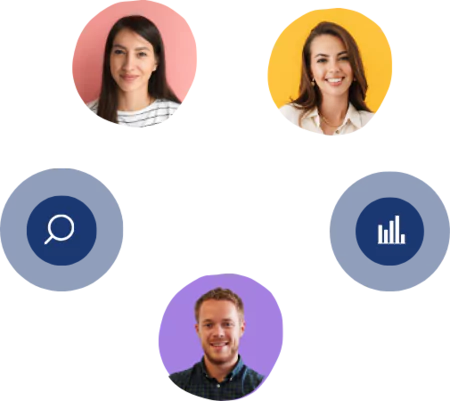-
Research & Insights Feb 20, 202513 minute read
-
Research & Insights Feb 27, 202512 minute read
-
Research & Insights Mar 13, 20259 minute read
-
Pop Culture Feb 10, 20259 minute read




















